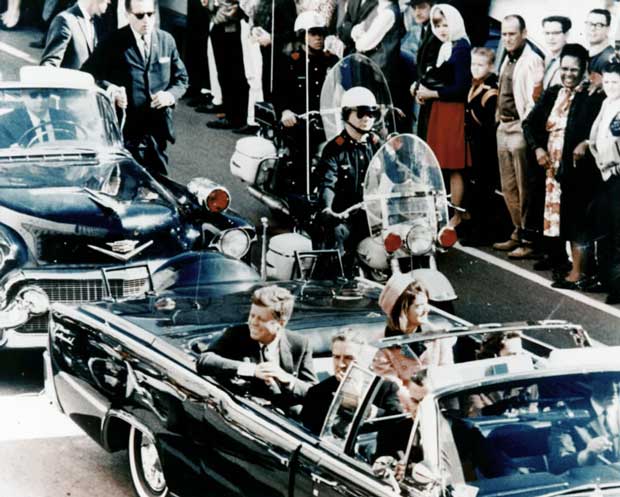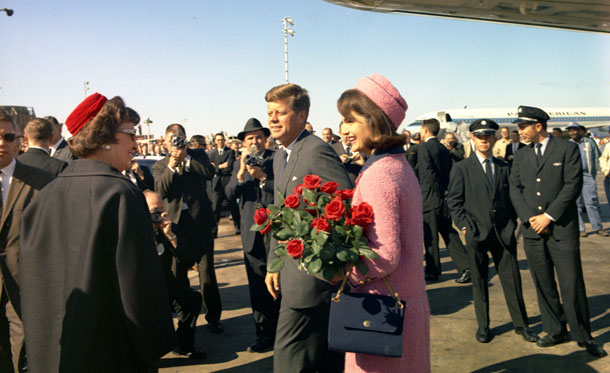The role of the Dallas Police Department following President John F. Kennedy’s assassination has been a subject of intense scrutiny. One of the key aspects of this scrutiny is the arrest of Lee Harvey Oswald, not only for the assassination of Kennedy but also for the murder of Dallas Police Officer J.D. Tippit. This expanded article explores the circumstances surrounding Oswald’s arrest for Tippit’s murder, and how this incident linked him to the Kennedy assassination.
The Arrest for Officer Tippit’s Murder
Circumstances of Tippit’s Shooting
On November 22, 1963, shortly after President Kennedy’s assassination, Officer J.D. Tippit was patrolling the Oak Cliff area of Dallas. He encountered Oswald, who matched the description of a suspect broadcast over police radio. The encounter led to Tippit being shot and killed. Witnesses at the scene provided descriptions and identified Oswald as the shooter.
Oswald’s Rapid Arrest
Oswald was arrested in a nearby movie theater following a tip from a theater employee who noticed his suspicious behaviour. The arrest was facilitated by the descriptions of the Tippit shooting suspect, which matched Oswald.
Linking Oswald to the Kennedy Assassination
The Chain of Events
The murder of Officer Tippit played a critical role in linking Oswald to the Kennedy assassination. Oswald’s arrest for Tippit’s murder placed him in police custody, which then led to his being identified as a suspect in the Kennedy assassination. The timing of the two incidents, the descriptions provided by witnesses, and Oswald’s possession of a revolver that was later determined to have been used to kill Tippit, all contributed to this link.
Public Perception
The rapid sequence of events, from Kennedy’s assassination to Tippit’s murder and then to Oswald’s arrest, created a narrative that quickly positioned Oswald as the prime suspect in both cases. The media coverage of these events further solidified this perception in the public mind.
Criticism of the Dallas Police Department
Legal Representation and Media Exposure
Critics have argued that the Dallas Police Department’s handling of Oswald, particularly their failure to provide him with immediate legal representation and their allowance of extensive media exposure, compromised the integrity of the investigation and Oswald’s rights.
Security Lapses
The most significant criticism involves the security failure that led to Oswald’s murder by Jack Ruby. Critics contend that this lapse was a grave error given the high-profile nature of the case and Oswald’s importance as a suspect.
The Broader Impact
Oswald’s arrest for Tippit’s murder and subsequent murder by Ruby significantly impacted the investigation into Kennedy’s assassination. It fuelled conspiracy theories and public skepticism, particularly regarding whether Oswald acted alone or was part of a larger conspiracy.
Conclusion
The Dallas Police Department’s actions in the wake of the Kennedy assassination, including the arrest of Lee Harvey Oswald for the murder of Officer J.D. Tippit and the subsequent events, continue to be scrutinized and debated. These events played a pivotal role in shaping the narrative of the Kennedy assassination and have left lingering questions about the accuracy and completeness of the investigation. The department’s handling of these critical moments remains a significant aspect of the ongoing discussion and analysis of one of the most momentous events in American history.






